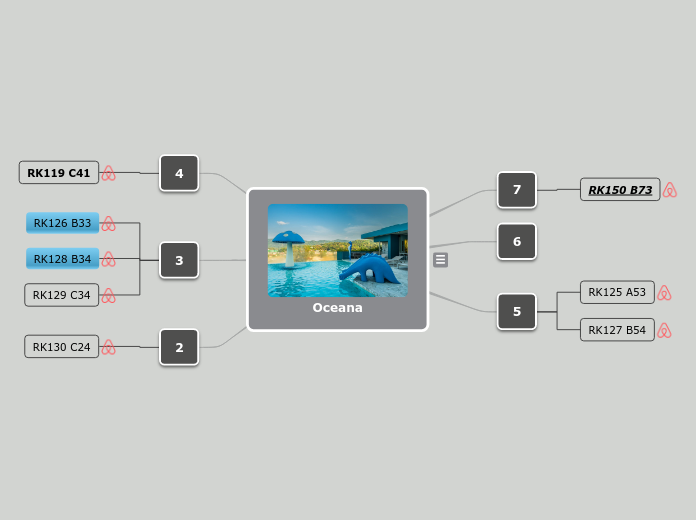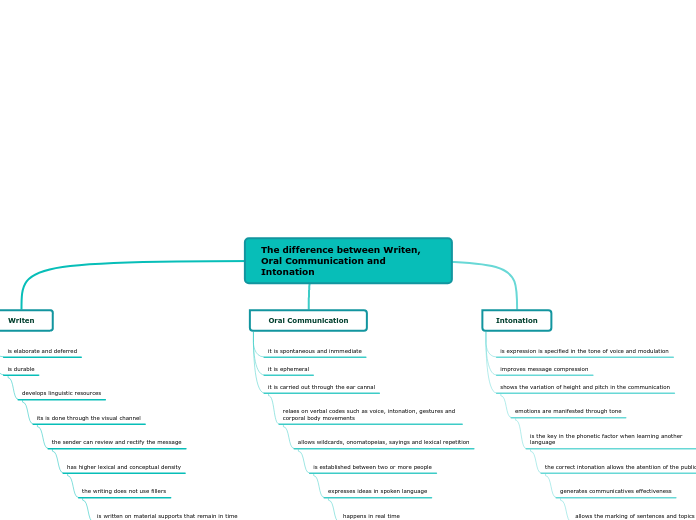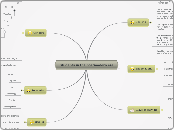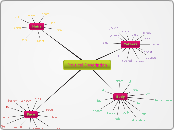style in the wars
Use of capitols
Creates visual imagery
"to MR AND MRS THOMAS ROSS, 39 SOUTH DRIVE, TORONTO, CANADA" (73)
"'DON"T THEY EVEN ARM YOU?' his father telegraphed. 'ONLY WITH ARTILLERY' Robert replied" (33)
The lettered messages can clearly be separated from the descriptions by the author since the messages are in capitol letters
Helps/reminds the reader to create an image of typed letters when reading this sentence
Reminds the reader of the distinction of these letters from the rest of the text
Demonstrates expression
"This is what I'm paid for. To make ya happy O.K.?" (39)
Helps set the tone/expression of the character Ella
Puts an importance on the word O.K.
Shows Ella is waiting for an affirmative answer
Emphasis
Main ideas and concepts
"Why? 'BECAUSE HE LOVED HER.' A chair fell over."(18)
Highlights the significance of Robert's love for Rowena
Shows how sorry he feels for her death
Use of repetition
Increases intesity of action
"Snakes. Snakes. Rattlesnakes.His mane was a tangle of rattlesnakes" (68)
emphasizes ideas/concepts
"She fell. It was Sunday..... Jesus. She fell. It was Sunday. Robert wasn't there" (15)
Highlights the fact that Rowena fell of her wheel chair and that Robert was responsible
Demonstrates the seriousness of this event for Robert and how he feels responsible for her death
"How long had her glass been empty? Hours? Minutes? Years?" (23)
The use of repeated questions emphasizes the fact that the glass is empty and how it is unknown how long the glass has been empty
Helps to build on the symbolism of water as a pure substance in a domestic life
Makes sense the glass would be empty at the end of this depressing scene fro Robert
Use of Italics
"Maudite Anglais"(78)
The change to italics helps suggests a change in persona creating a clear sound in the readers mind of the mans expression
"This is what I'm paid for" (39)
Puts emphasis on an idea or concept, being paid in this context
"Wet goods was the favorite house in town" (34)
Italicizing wet goods emphasizes it as an important location
"Clifford sang. 'Bring me, oh bring me a cup of cold water, and cool my temple, the cowboy said'" (32)
shows change in persona from the author to Clifford singing
Change in persona mirrored by the change in text format
"You hear that? Strangers" (22)
use of italics emphasizes specific ideas or concepts
Italicizing Strangers makes the word more resonating and remebered
"Robert Ross came riding straight towards the camera"(5)
Changes from describing history of 1915 to the story of Robert Ross
This shift is mirrored by the change in words to italics
Juxtaposition
characters
Contrast between Mr. Ross and Mrs. Ross
They both serve as a foil for each other emphasizing each-others qualities
"I know what you want to do. I know your going away to be a soldier. Well--you can go to hell." (23)
Mrs. Ross did not support Robert going to war and was becoming distant with Robert
"His father got him through it. He came up every evening after work and sat in Robert's darkened room" (48)
Supported Robert going to war, was always there for Robert and cared about him
"Robert sank to his knees" "Robert kicked his hat through the straw and walked away" (68)
Robert was filled with fiery emotions such as rage, stress, sadness and possibly shock
"Just be very quick about it, sir. Just be very cool and quick" (68)
The Sargent major was very calm, relaxed and helped Robert
Elements
Air
On the front lines the air seems unnatural and can even be feared like the chlorine gas attack
On the home-front, air represents life, something that is wanted and needed
Water
On the home-front, water is seen as a life giver and something sacred and safe
On the front lines water is something able to take life away and feared
Structure/style/length of sentences
Change in structure gives different ways of presenting information making it more interesting
"Robert was in the vanguard. He stayed on the horse, knowing the horse's footing would be surer" (84)
The most common method of presenting information through the persona of the author
Makes one feel as if they are the ones speaking and learning about Robert Ross
Creates the researcher persona
"Monday, 28 Febuary 4 a.m. When the mines went up the earth swayed" (121)
Part 3 is described in a military like format with specific times and dates before each description
Keeps the reader engaged
Way of presenting information
"Transcript: Marin Turner-1 'You will from what took place, why I cannot tell you what he looked like" (9)
Description of Robert Ross' life is described in transcriptions by a bystander of Robert Ross' life named Marian Turner
Uses a bystander as another viewpoint giving another way of describing Robert
Separates ideas/concepts
Subtopic
"A band is......baseball bat" (6-7)
Each description is divided by paragraphs which separates the concepts
Makes the reader feel as if they are peicing together the life of Robert Ross
Makes the story seem more like pieces
Reflects action in the book
"Jesus. She fell. It was Sunday. Robert wasn't there" (15)
Puts emphasis on Rowena's death
Demonstrates the significance of this event related to Robert's life
Shows/reminds the reader of the severity of this event
"Robert didn't move. Tick-tick-tick went the water. Tick--Tick--Tick" (44)
Separating each phrase makes the story feel as if it is passing slower
This reflects the emotions of fear and shock which Robert is feeling
Often when put in an uncomfortable position or when feeling uncomfortable emotions time will feel as if it is passing slower









